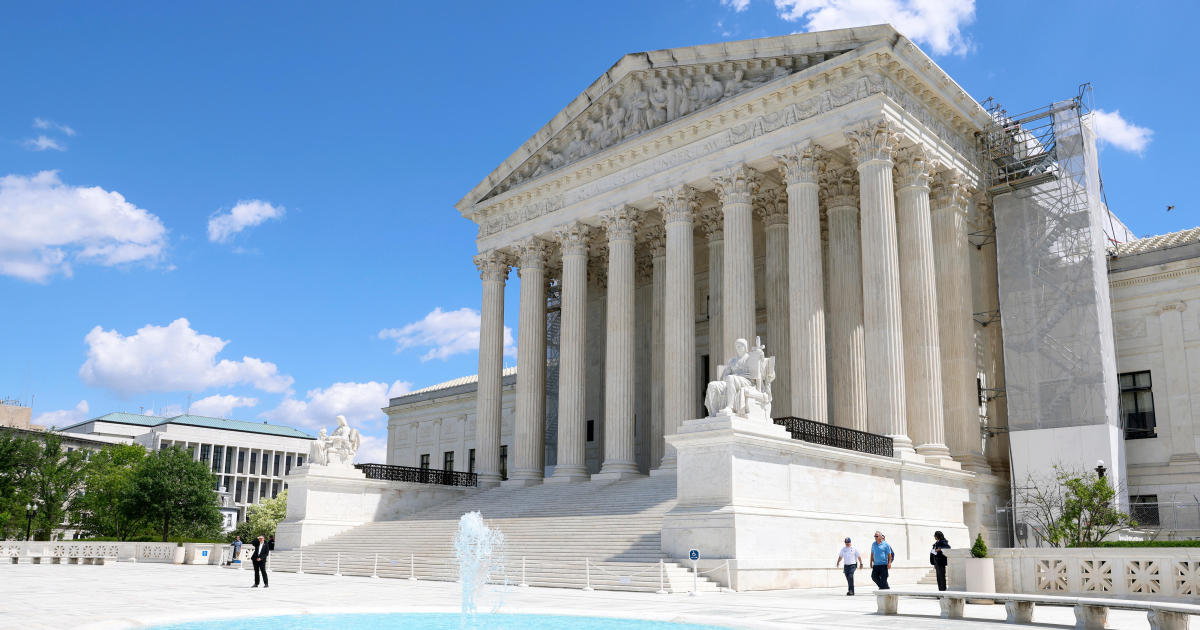Dow dives nearly 500 points as U.S.-China trade fears flare
- Benchmark U.S. indexes slumped Tuesday amid investor concerns over escalating trade tensions between the U.S. and China.
- President Donald Trump on Sunday threatened to more than double U.S. tariffs on all Chinese imports.
- Some market analysts say Mr. Trump's aggressive tactics are unlikely to sway Chinese officials into making concessions on trade.
Stocks sank sharply Tuesday as investors fretted that delicate trade talks between the U.S. and China could collapse. It was the second day of sharp losses for U.S. stocks after President Donald Trump on Sunday threatened over Twitter to jack up tariffs on $200 billion in Chinese goods from 10 percent to 25 percent, as well as impose 25 percent levies on more than $300 billion in products imported from China.
U.S. Trade Representative Robert Lighthizer followed with warning that those tariffs on China will take effect on Friday. He and Treasury Secretary Steven Mnuchin accused China of "reneging" on commitments to change its trade policies. Trade talks between the two countries are set to resume Thursday in Washington.
"President Trump's tweet on the prospect for 25 percent tariffs on the $200 [billion] of goods and the possibility of 25 percent tariffs on Chinese goods not yet subject to tariff reignited fears of trade escalation," UBS analysts said in a client note.
The Dow closed down 473 points, or 1.8 percent, to 25,966. That marked the blue-chip index's first close below 26,000 since March 29. The broader S&P 500 and technology-heavy Nasdaq composite also slid hard, by 1.66 percent and 1.97 percent, respectively. It was the benchmark indexes' biggest decline since January, according to Bloomberg News.
Every sector fell, extending the markets losses into a second day, with tech companies and banks leading the drop. Tech and industrial companies, which import a range of components and other parts from China, would feel the biggest impact from raising tariffs on Chinese imports, according to UBS.
Investors will likely have to deal with a volatile market for some time amid uncertainty over whether the U.S. and China can reach agreement on trade. "This is such a short period of time that it's hard to speculate whether this will cause something to get done quickly or whether it will drag on for months," said Scott Wren, senior global equity strategist at Wells Fargo Investment Institute.
"Losing tactic"?
The tougher rhetoric from the U.S. on trade surprised investors who had been expecting that the world's biggest economies would come to some sort of agreement. The ongoing feud has raised costs on goods for consumers and companies. And while some market analysts still expect the countries to clinch a deal, others think Mr. Trump's aggressive rhetoric is unlikely to sway the Chinese.
"With the 2020 U.S. presidential election season beginning to spin in the media, an impatient U.S. president is turning to bullying to try to push trade talks to a conclusion," said Carl Weinberg, chief international economist with High Frequency Economics, in a research note. "We think this is a losing tactic with China. We do not think Beijing will submit to bullying by the U.S. president."
Gavekal Research's Arthur Kroeber, editor-in-chief of China Economic Quarterly, still thinks a deal is likely, noting the domestic pressure on both the White House and Chinese leader Xi Jinping to strike deal. Festering trade worries could hurt Mr. Trump's reelection chances, while ending the dispute would boost the Chinese economy.



